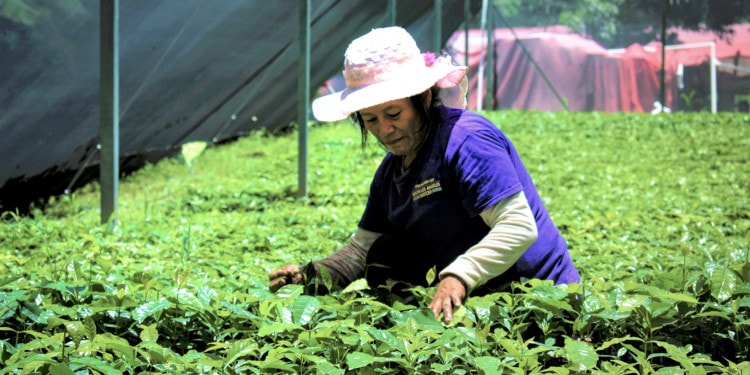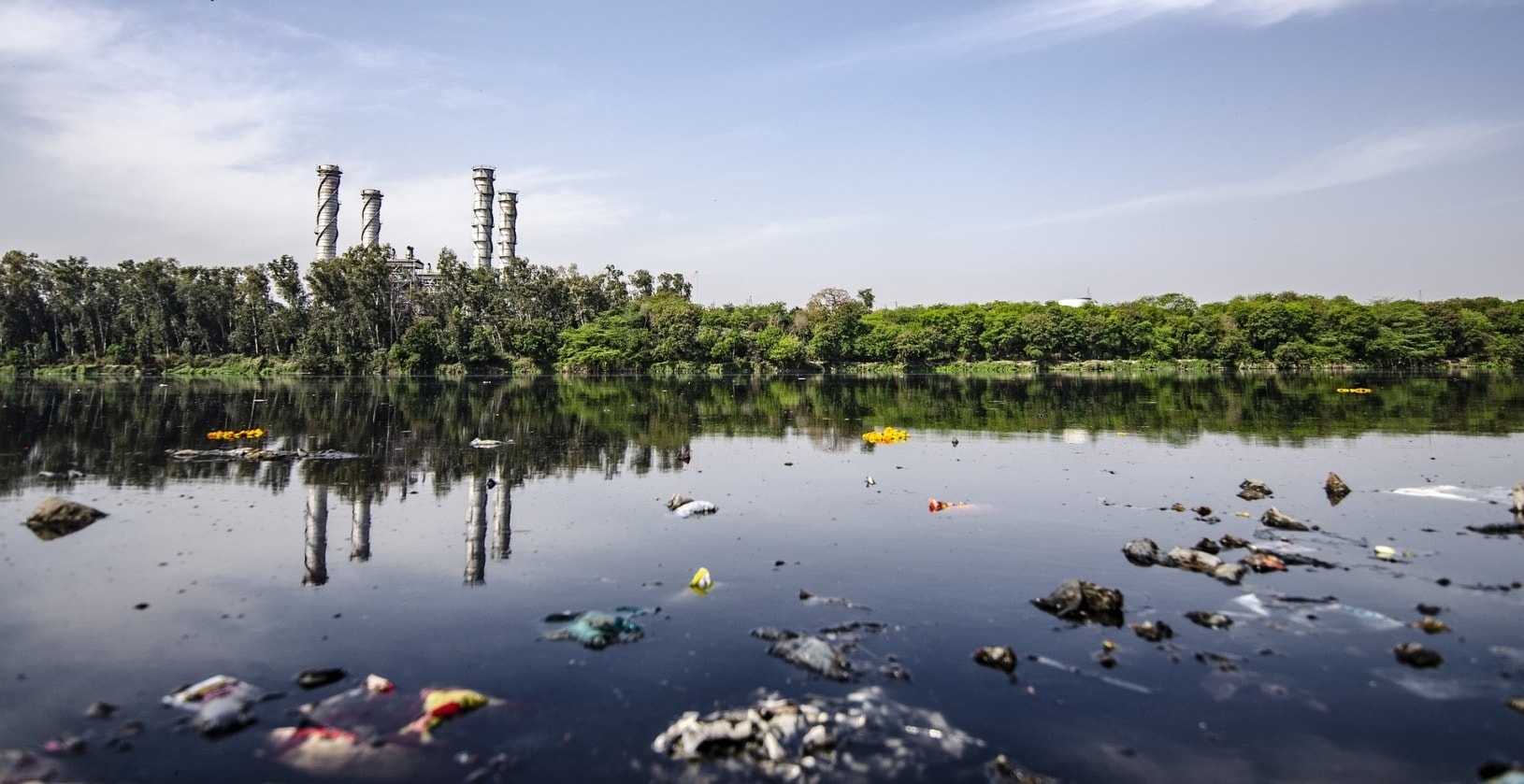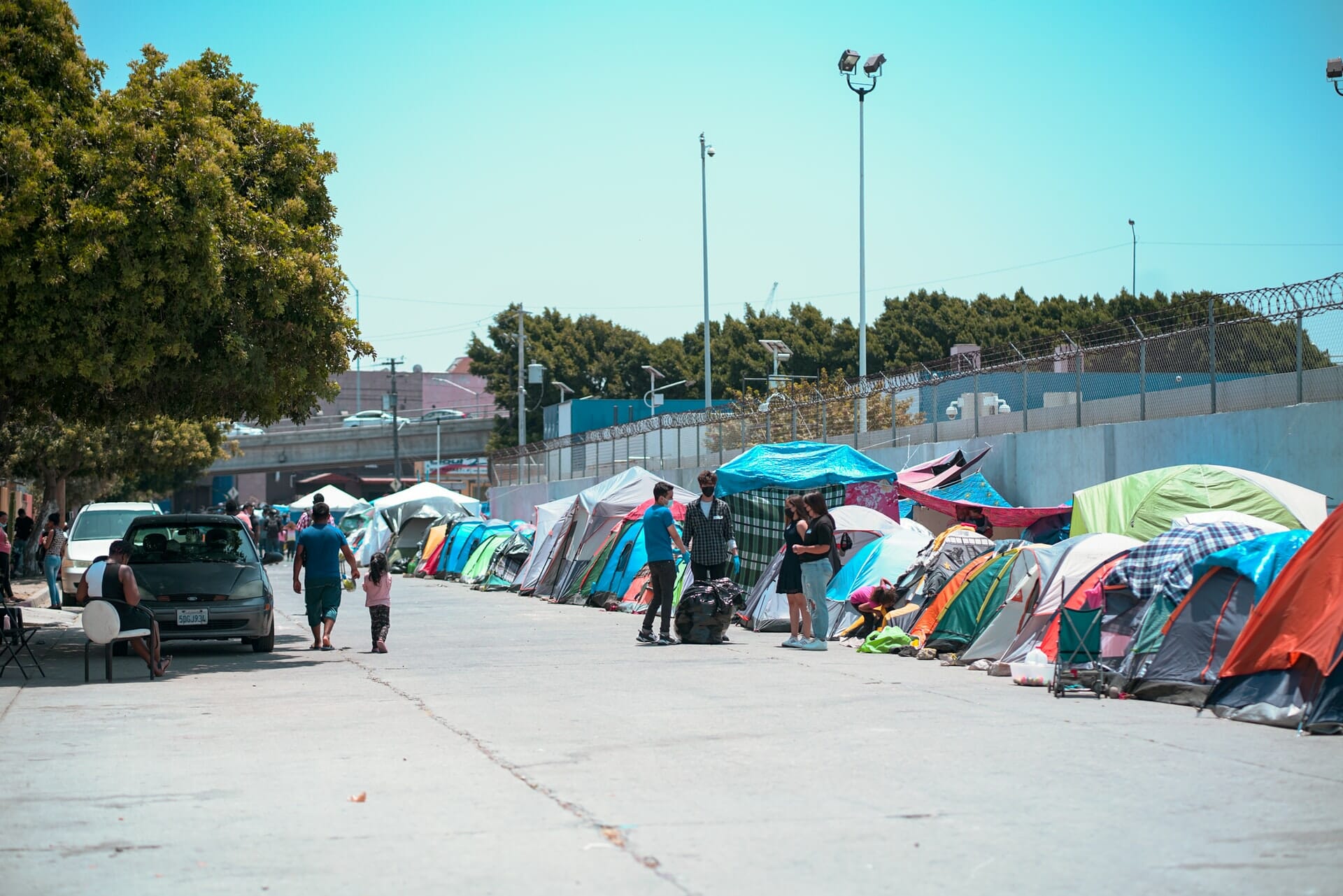Coffee farmers in southern Mexico organized in the Triunfo Verde cooperative, are showing how responsible agriculture can help preserve natural resources. Thanks to revamped internal financial controls and climate-smart practices, coffee farmers help preserve local ecosystems.
As prices for agricultural commodities continue to fall and changing climatic conditions jeopardize their harvests, farmers around the world are driven to desperation. In order to feed their families, some encroach on the rich soil of biodiverse forests or turn to using harmful pesticides that runoff into local water sources. This can devastate ecosystems, endanger species, and kill trees that play a vital role in absorbing carbon dioxide from the atmosphere.
This tension is particularly acute in Mexico and Central America where farmers are already feeling the effects of climate change. But in the El Triunfo Biosphere, the farmers of the Triunfo Verde coffee cooperative are forging a different path.
Unlocking Growth in the Buffer Zone
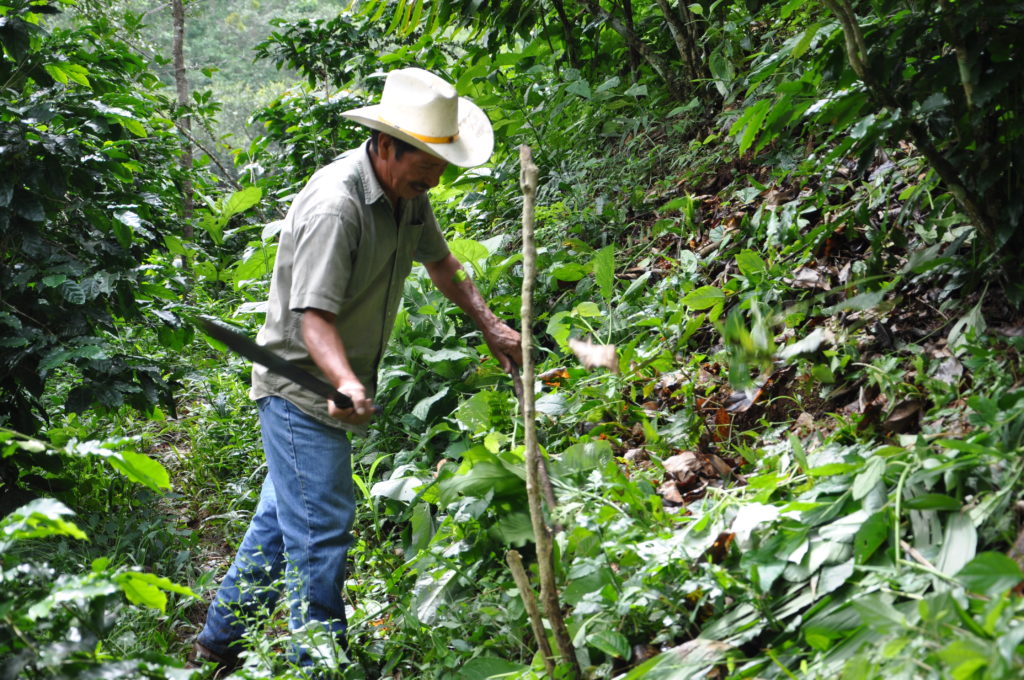
El Triunfo is surrounded by a buffer zone—a geographic safeguard around the forest that allows for responsible economic development. Through good agricultural practices, farmers in this buffer zone serve as critical stewards, protecting the watershed and preventing intrusion on the forest by extractive industries like mining or logging.
In 2000, 150 farmers in the buffer zone of El Triunfo joined together to form the Triunfo Verde cooperative. Their goal was to sell directly to international buyers and improve the livelihoods of their members—the defenders of the forest. The cooperative slowly grew in size, but by the time Root Capital met Triunfo Verde in 2006, business had stalled. Without access to the credit they needed to make purchases from their members, sales were in a steady decline. Farmers were forced to sell to local brokers who paid quickly, but not well.
That year, we provided the cooperative with a $90,000 loan for the annual harvest. With this capital, the cooperative was able to ensure larger international contracts. It started to grow for the first time in years. Over the course of our relationship, we’ve turned that small loan into a $1.5 million line of credit that, during the last harvest cycle, helped Triunfo Verde sign contracts worth double the average price of coffee—multiplying income for their farmers and ensuring they didn’t need to turn to harmful practices to survive.
In Control Of A More Prosperous Future
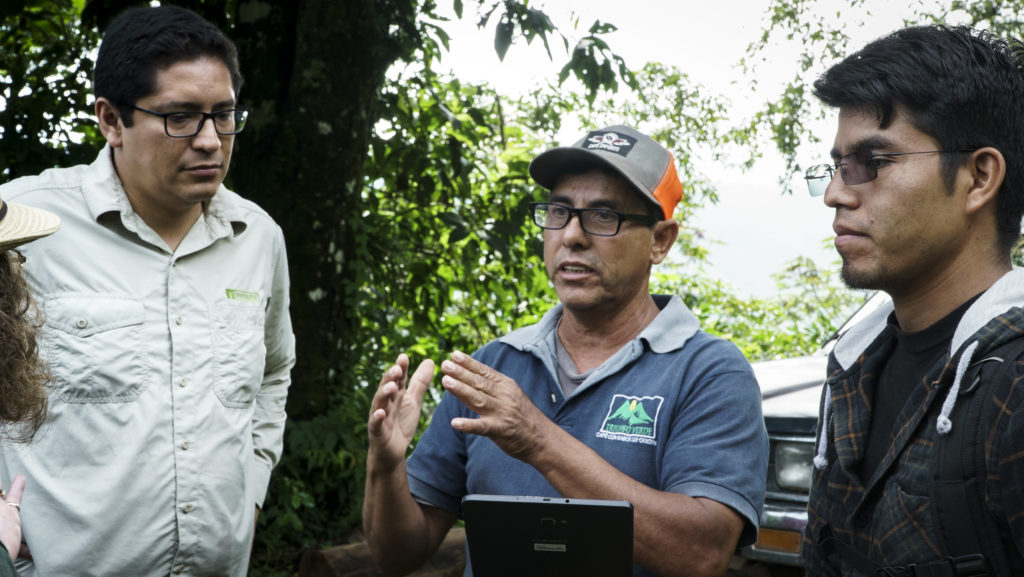
While credit unlocked new horizons for the cooperative, it could only take them so far. Hugo Lares, Triunfo Verde’s General Manager, describes what it was like the first time Root Capital came to visit.
There was a warehouse that didn’t have anything in it. The office wasn’t used. Our staff was scattered all over the place. And we weren’t growing the cooperative.Hugo Lares, General Manager, Triunfo Verde
Triunfo Verde lacked the internal controls necessary to scale up their operations and take on more ambitious financing. Reliant on paper documents, an ad hoc inventory system, and few institutionalized accountability measures, the cooperative was stuck.
In 2011, we began to offer financial advisory services to the staff of Triunfo Verde. First, we helped revamp their purchasing process to give farmer-members more visibility into payment decisions and equip the sales department to make right-sized contracts with international buyers. Working alongside accountants at the cooperative, we integrated all related processes to ensure transparency and consistency at each step.
These changes decreased the cooperative’s costs, allowing them to return more revenue to their members. Calixto Guillén Vásquez, the head of Triunfo Verde’s warehousing operation, emphasizes the importance of focusing on the fundamentals. “Internal control is the most foundational aspect of the organization,” he explains. “Everything an organization does comes from solid internal control.”
Advising the Triunfo Verde Cooperative Through Climate Catastrophe
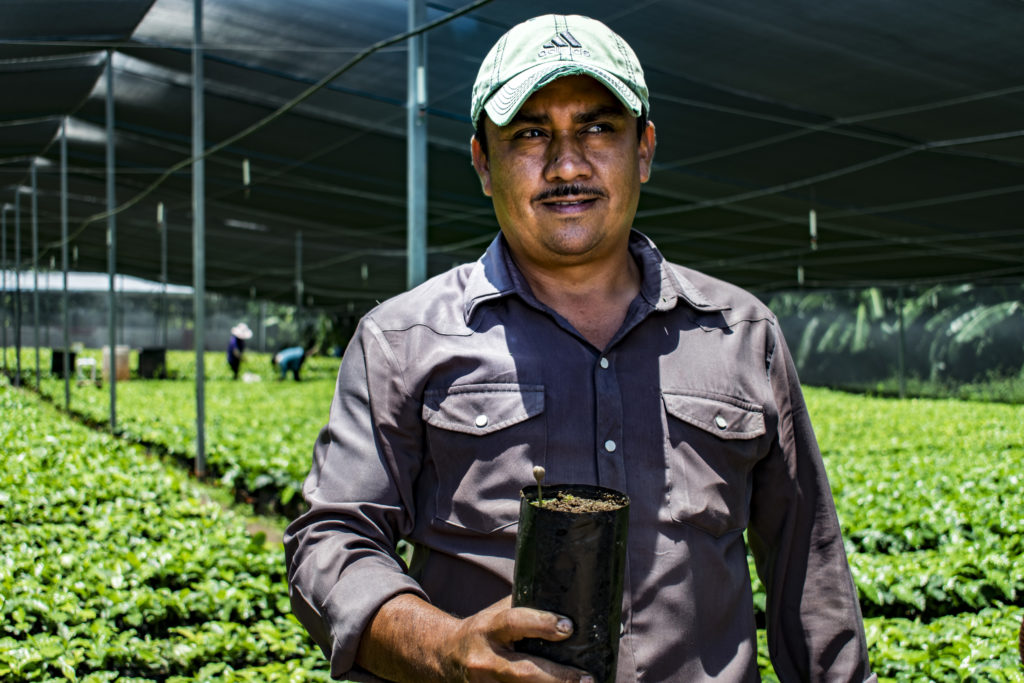
Root Capital’s credit and capacity-building services have ensured that the cooperative’s farmers can earn a steady income while preserving the surrounding ecosystem. But, as the effects of climate change have increased, our approach has expanded. In 2013, the farmer-members of Triunfo Verde were ravaged by roya, a plant disease that suffocates coffee trees and can decimate an entire farm in a matter of days. In response to the crisis, Root Capital worked with Triunfo Verde to establish an in-house agronomic extension team to train farmers on sound agricultural practices and help them build resilience to the effects of roya.
The cooperative matched this with their own investment in a plant nursery to provide farmers with coffee seedlings that are well-suited to the local environment and resistant to crop diseases. At a time when other cooperatives were closing their doors and producers were turning to environmentally-harmful practices, Triunfo Verde and its members were able to weather the storm.
But, if the past is any indicator, the worst is yet to come for agricultural communities. Crop diseases like roya thrive on shifting rainfall patterns and large temperature swings—two impacts of climate change that are only expected to increase in the future.
Over the last two years, with the support of the Walmart Foundation, the Swiss Re Foundation, and Banamex, we’ve worked with the cooperative to promote climate-smart agricultural practices like shade-grown coffee, which combats deforestation while diversifying incomes and improving soil quality. At the same time, we launched a campaign to help members renovate their farms and enrich their soil using organic, compost-based fertilizers. These measures boost yields without causing runoff into El Triunfo—just one of the many ways that Triunfo Verde is promoting responsible agriculture in a vulnerable area.
As the pace of climate change quickens, ecosystems like El Triunfo will come under even more pressure. Triunfo Verde stands on the frontlines of the fight to preserve our planet. When we equip these businesses with the credit and capacity they need to grow, we support both hardworking farmers and the vital resources we all share.
About the author: Rob Hefferon is a Communications Associate at Root Capital
EDITOR’S NOTE: The opinions expressed here by Impakter.com columnists are their own, not those of Impakter.com. Photo Credit: Root Capital


